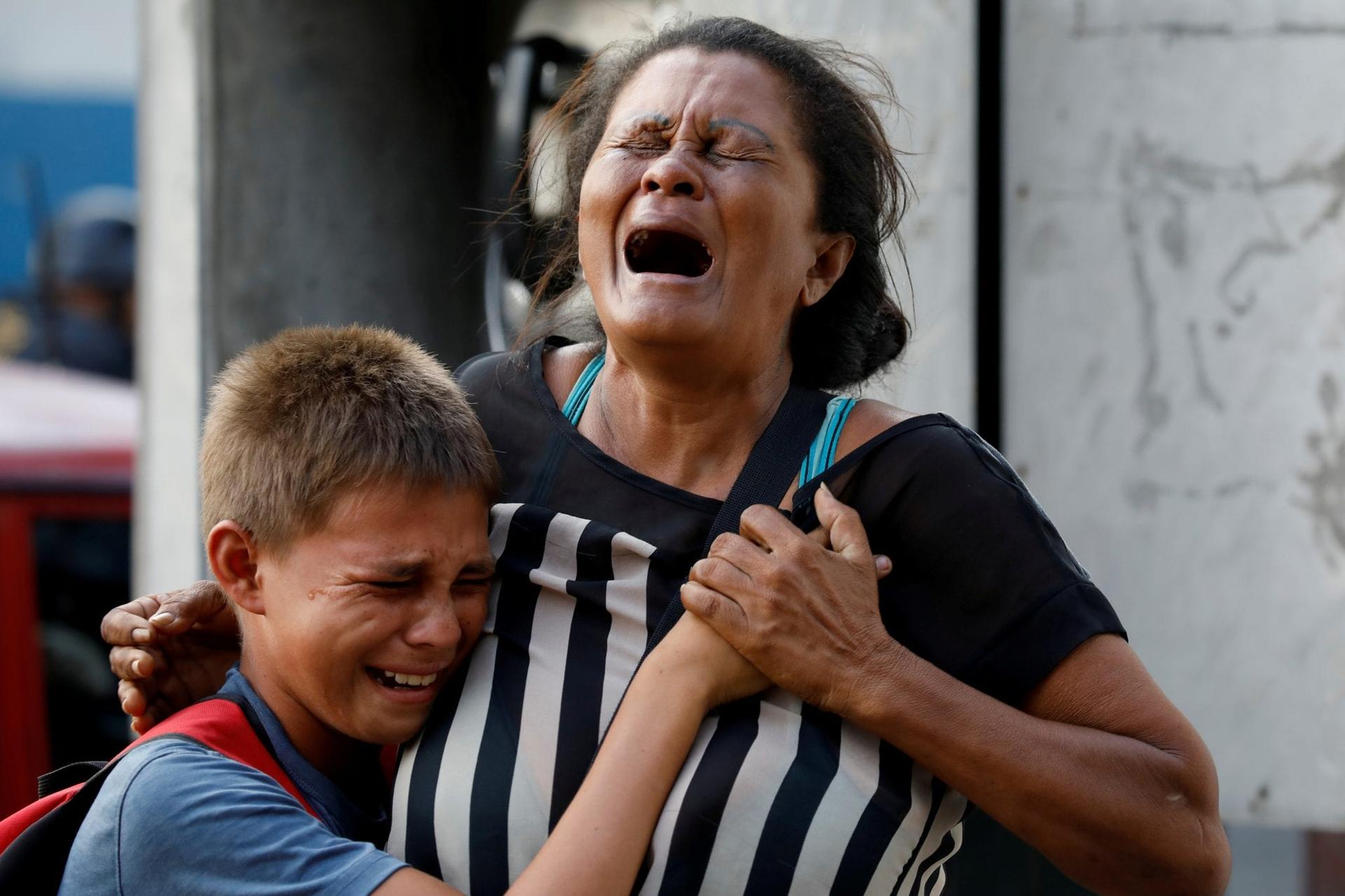ROME – Venezuela is living a “history of death,” according to the country’s Catholic bishops, who released a statement on Monday asserting that upcoming national elections, set for May 20, lack legitimacy.
Far from being a solution to the crisis, the prelates believe the voting can make it worse, leading the country to an “unprecedented humanitarian catastrophe.” As they’ve been conceived, the bishops wrote, the national elections lack sufficient guarantees of a “free, reliable and transparent electoral process.”
With many possible candidates being banned, they argue, “far from providing a solution to the crisis in the country, they can aggravate it and lead it to an unprecedented humanitarian catastrophe.”
Therefore, they say, elections “urgently” need to be postponed to the last quarter of the year.
“The state is every day more compromised in its role of ensuring basic goods for the subsistence of the people,” the bishops wrote. “All of this is translated into more hunger and unemployment. Added to this is an increase in unhealthiness due to uncontrollable epidemics and diseases in the most vulnerable populations, with the aggravating factor of the lack of medication.”
The World Health Organization said Tuesday that malaria cases in Venezuela jumped by an estimated 69 percent last year, expressing concern over the spread of the disease in the country. According to the UN health agency’s estimates, cases of malaria in Venezuela went from to 240,613 in 2016 to 406,000 in 2017.
These situations, the bishops said, are generating growing protests, even if they’re “silenced by the media.”
The bishops also say that a general lack of basic public services such as light, water and gas throughout the country are making life harder for everyone, amidst the “surprising indifference” of those in charge.
In addition, they wrote, migration is becoming a bigger issue, affecting every social level, and it’s happening in ever more precarious conditions, leading to the death of some of those embarking on a journey to a different country.
“We thank the countries that have welcomed, through their humanitarian aid organization, the Venezuelans who’ve seen themselves forced to leave the country,” they wrote.
No bishops were identified as being behind the message, as is often the case when it comes from the leadership of the conference, signifying that it’s a joint statement supported by all of them.
In an appeal addressed to the politicians and the leadership class of Venezuela, the bishops ask them to “become conscious” of their responsibility, to listen to the people, and to work with the private sector and bordering nations to fight hyperinflation.
In January, the International Monetary Fund forecast Venezuela’s inflation rate spiraling to 13,000 percent this year.
In their message, the bishops also called on politicians to look for a solution that stops the evils before they reach “uncontrollable proportions and painful quotas of destruction and death.”
An annual survey published in February by three local universities shows a steady rise in poverty and hunger in recent years, including the fact that Venezuelans reported losing 24 pounds on average in 2017. Based on the study, almost 90 percent of the country lives in poverty.
On Wednesday, Reuters reported that a recent study shows that nearly three million of Venezuela’s eight million school children are missing some or all their classes.
Hence the bishops’ appeal to “all” Venezuelans:” “We must become conscious that what is at stake is not only the realization of another electoral event or the temporary reduction of the quality of life of a people, but its very existence as a free, fraternal and democratic nation.”
Speaking to those who have faith in Christ, the prelates called on them to take “brave and decisive” attitudes of solidarity, to give a different direction to this “history of death.”






